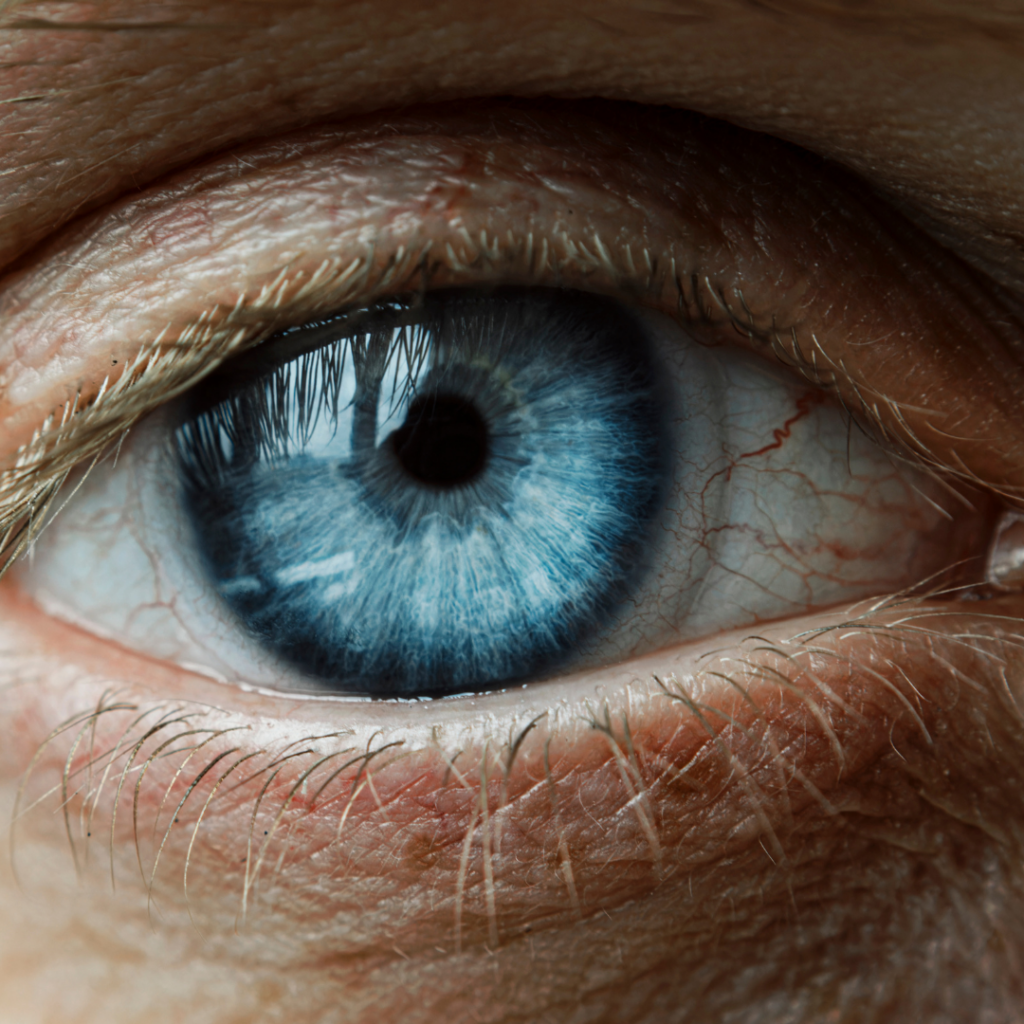Imagine hearing the devastating news that a life-threatening illness went undetected by your doctor. It’s a shock, it feels unjust, but does it always amount to medical negligence? This question looms large for many patients and their families navigating the realm of medical diagnostics.
Understanding Misdiagnosis and Medical Negligence
Medical misdiagnosis occurs when a healthcare provider mistakenly identifies your illness or fails to notice a condition altogether. This could lead to unsuitable treatment, delaying proper care and potentially worsening your health. But when does this unfortunate scenario cross into negligence?
The crux of a medical negligence case lies in proving that a doctor’s error in diagnosis led to harm. For negligence to be established, it must be shown that the standard of care expected was breached.
A Case Study in Misdiagnosis
The case of Crumlish v. Health Service Executive presents a striking example of the complexities involved in establishing medical negligence. The story begins with a misdiagnosed breast lump in May 2017, which by October had advanced into HER 2-positive breast cancer. The ensuing legal battle contested whether the doctors missed a tumour at its earliest detection point.
The High Court ruled in favour of the defence, citing credible testimonies, including that of experienced radiologists who postulated that the lump was likely a cyst rather than a malignant tumour. Advanced imaging techniques allowed them to ascertain these probabilities, leading to the dismissal of the misdiagnosis claim.
Despite acknowledging the distressing trajectory of events, the judge found no negligence, attributing the cancer’s rapid development as a factor not detectable in May.
Addressing the Core Challenges
The healthcare industry often grapples with diagnostic complexities due to inconclusive test results and the inherent variations in disease presentations. Courts are drawn into these nuanced medical debates that hinge on intricate scientific assessments.
The challenge lies in differentiating between a reasonable clinical error and negligence. For example, many conditions, such as certain cancers, may proliferate without presenting clear early symptoms, further complicating diagnosis timing.
Novel Insights for Resolution
Cases like Crumlish bring to the forefront the necessity of refining diagnostic practices and fostering collaboration between legal and medical experts to improve patient outcomes. Here are some innovative solutions:
- Enhanced Diagnostic Protocols: Healthcare institutions should implement robust diagnostic protocols by harnessing cutting-edge technologies that can identify patterns and potential diagnostic errors early on.
- Multi-disciplinary Review Boards: Establishing panels of diverse medical experts can ensure a comprehensive evaluation of complex cases, particularly where initial diagnoses prove murky.
- Empowered Patient Engagement: Empower patients by involving them in diagnostic processes. Providing detailed explanations and maintaining open communication can facilitate mutual understanding of medical decisions.
- Continuous Professional Development: Encourage ongoing education for medical professionals, ensuring they remain updated with the latest diagnostic techniques and standards of care.
Moving Forward with Compassion
While not every delay or misdiagnosis equates to negligence, patients suffering due to a diagnostic oversight deserve justice and compassion. When faced with such scenarios, seeking expert legal advice is crucial. You may be entitled to compensation if the delay directly caused harm or the worsening of your condition. HOMS Assist has demonstrated expertise in guiding patients through these often overwhelming legal processes.
Reach out to HOMS Assist for your consultation and feel supported by a team who understands your plight and is committed to standing by your side.
Medical misdiagnosis raises profound questions of accountability within healthcare. Together, by fostering empathy and using innovative practices, we can improve diagnostic accuracy, safeguarding patient trust and wellbeing. If you’ve experienced a misdiagnosis that impacted your health, don’t delay in seeking the legal advice you need.
Take Action Today
If you suspect a misdiagnosis has affected your health, it’s time to act. Consult experienced solicitors at HOMS Assist who are seasoned in handling medical negligence claims with the empathy and professionalism you deserve. Secure your health, future, and peace of mind—your rights matter.









